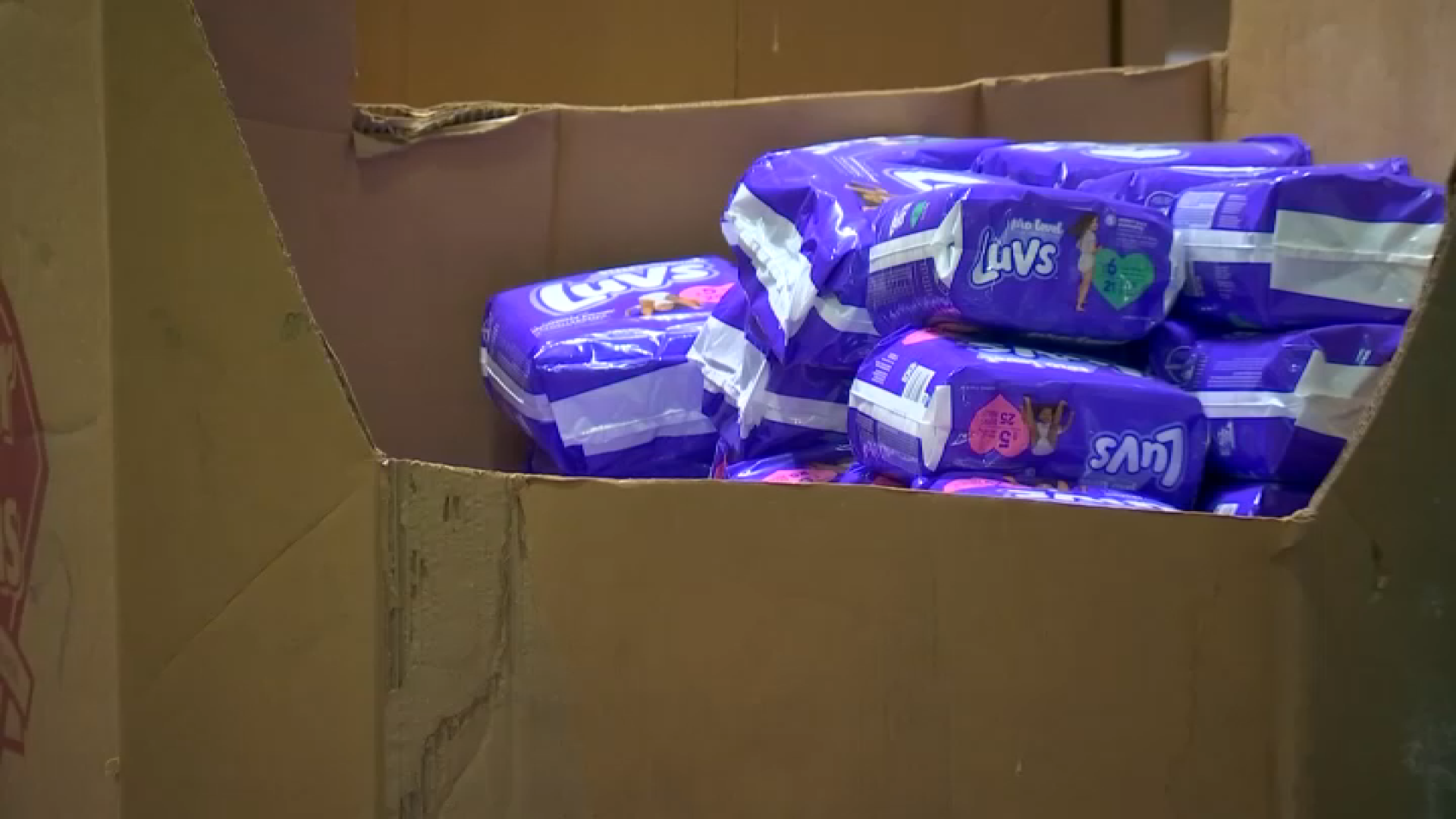The police-involved shooting death of a man on Skid Row and the killing of Ezell Ford are just two of several incidents that have recently brought to light what can happen when a person with mental issues is confronted on the streets.
In Ventura County, a program involving the district attorney, the probation office and others is looking to keep offenders from coming back to jail by handling these cases in a so-called mental health court.
Cases range from petty theft to assault with a deadly weapon.
Those facing Judge Colleen Toy White are part of the program, which is focused on offenders who have prior mental illness diagnoses.
"Some of them don't follow through with treatment until they get into our program so it's really connecting them with services and making sure they are taking the medication, the right medication," said Deputy Probation Officer Brenda Ramirez.
Ramirez is the probation officer assigned to all 31 members — men and women — currently in the program, which is providing them access to therapy, treatment, housing, and constantly monitoring them with weekly visits and random drug testing
"We make sure that they are doing something proactive," Ramirez said.
News
Top news of the day
It is a voluntary program that begins with admitting to having a serious mental health condition. Then those who are chosen to participate do so as an alternative to being behind bars.
"Hopefully get them out of jail, but keep them out of jail," said Dr. John Schipper, a behavioral health manager with the county.
A recent county analysis showed participants had a drop in arrests and felonies a year after being in mental health court.
Schipper described one client that he supervised from 2007 to 2014.
"Had been to the hospital 18 times in that period time, had 26 arrests," he said.
Now, nearly a year after joining the program, Schipper said it’s clear that it is making a difference.
"What brief time he spent in jail — a couple of days — doesn't even begin to compare to the 400 plus days he had spent previously," he said.
For privacy and other concerns no clients were made available to speak to NBC4.
There are still challenges, case workers said. One of Ramirez's clients recently relapsed into drug use, but working together with other agencies, she says that person will continue getting help.
It’s case by case in the program, Including one where a man charged with assault with a deadly weapon is now months into the program with no re-offense.
"Just seeing how much better they've become, that's the most rewarding," Ramirez said.



